US Supreme Court rules in favor of healthcare provider in identity theft dispute
JURIST
JUNE 8, 2023
United States that in order to constitute aggravated identity theft, the use of a person’s identity must be at the “crux” of what makes the conduct criminal, reversing a lower court decision. “The statute fails to provide even rudimentary notice of what it does and does not criminalize,” he wrote.

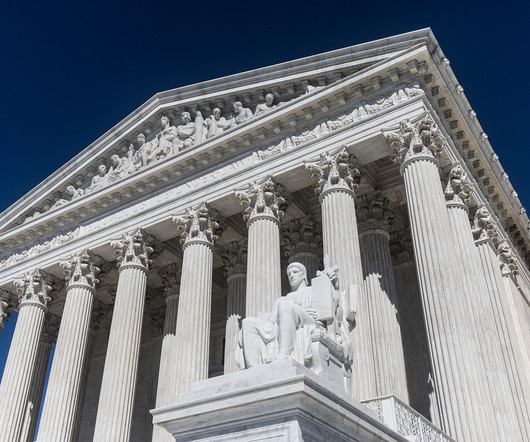
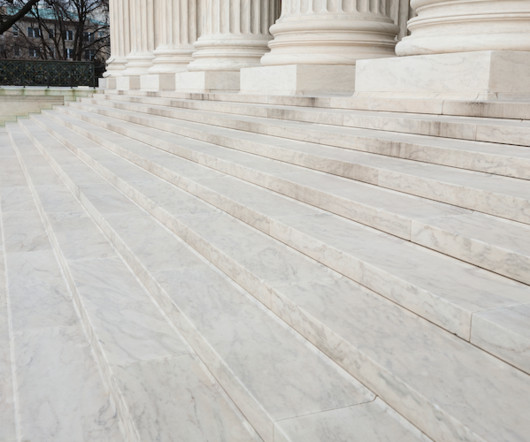




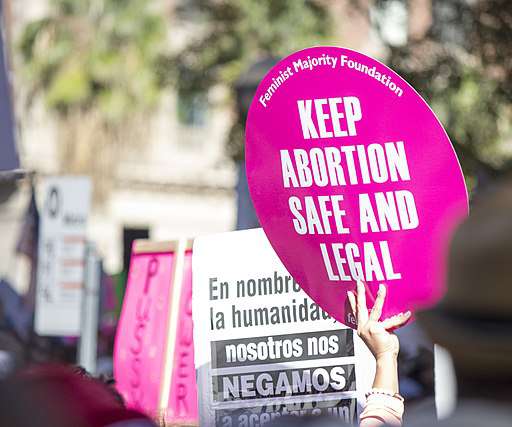

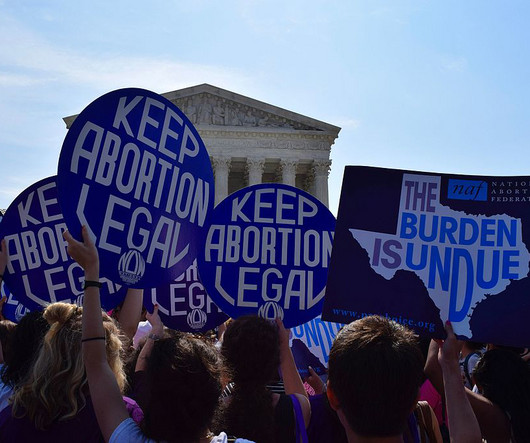
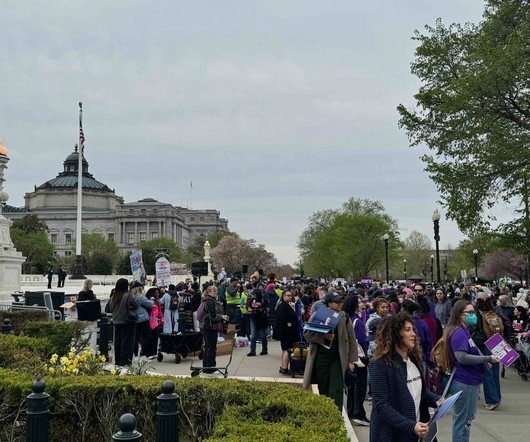
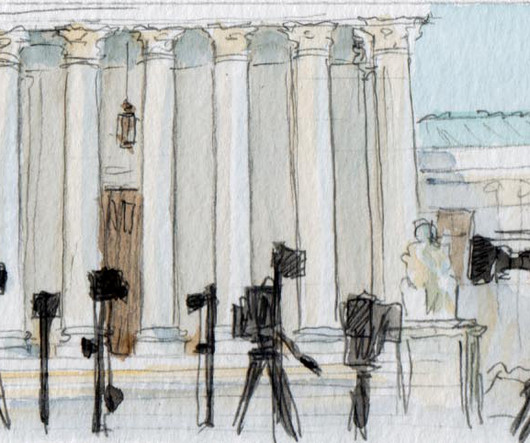
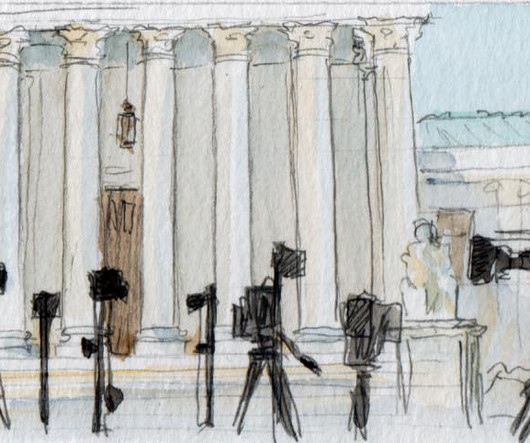
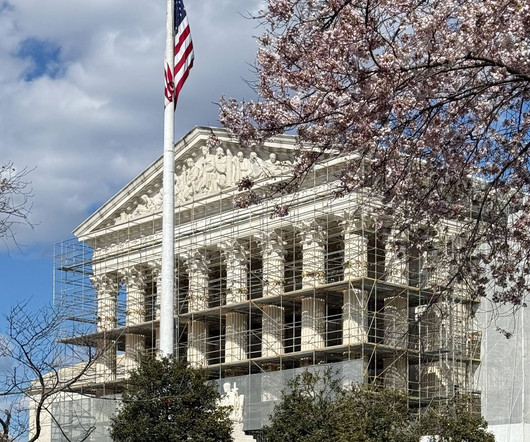

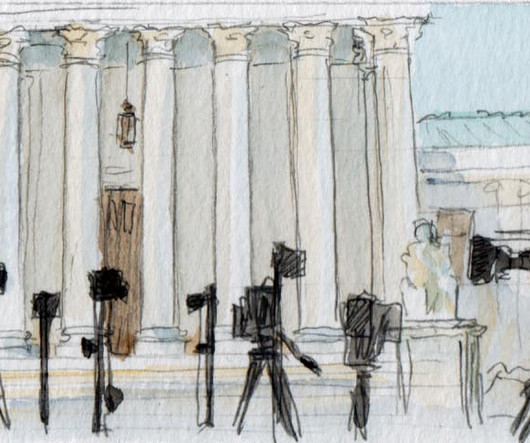











Let's personalize your content